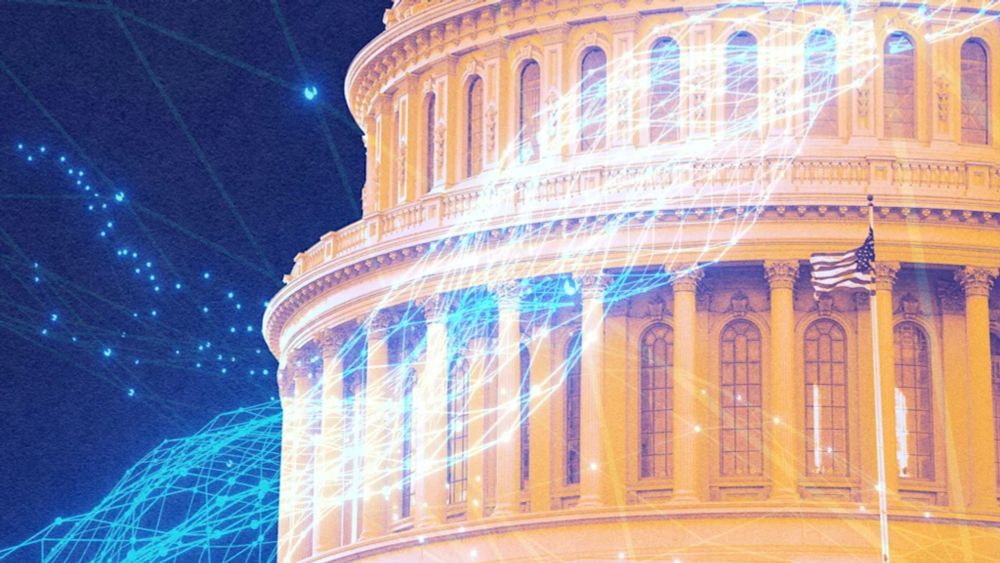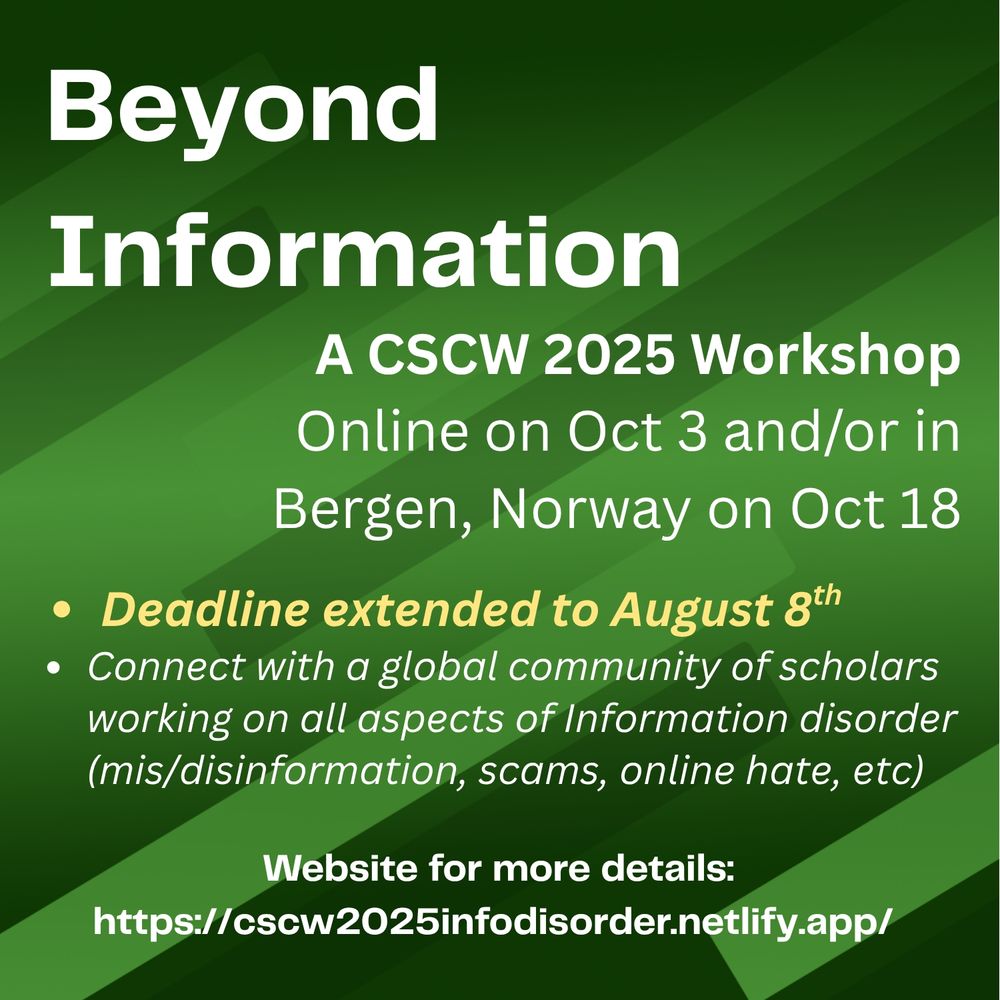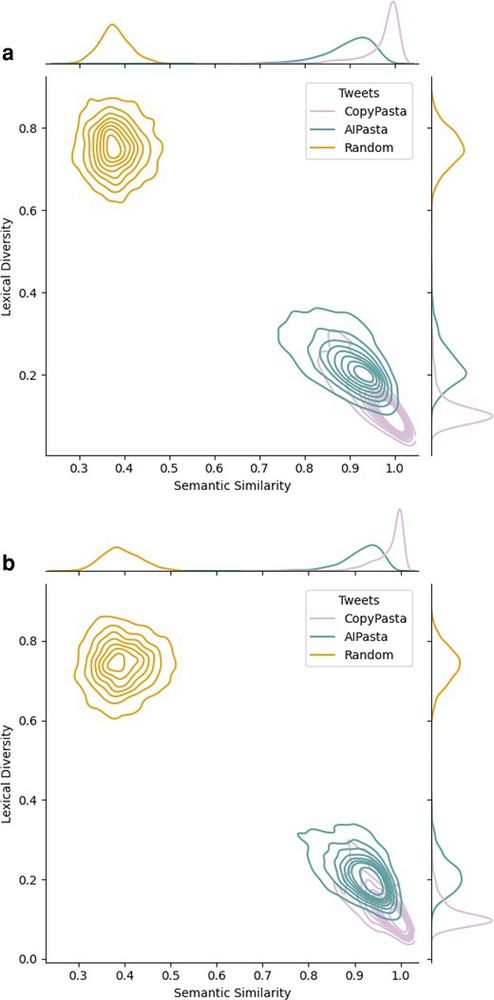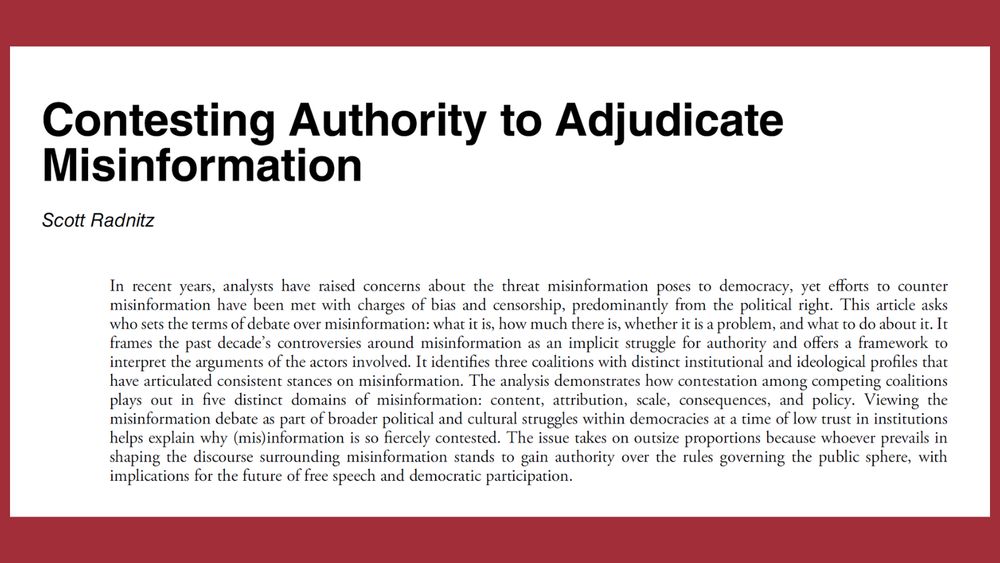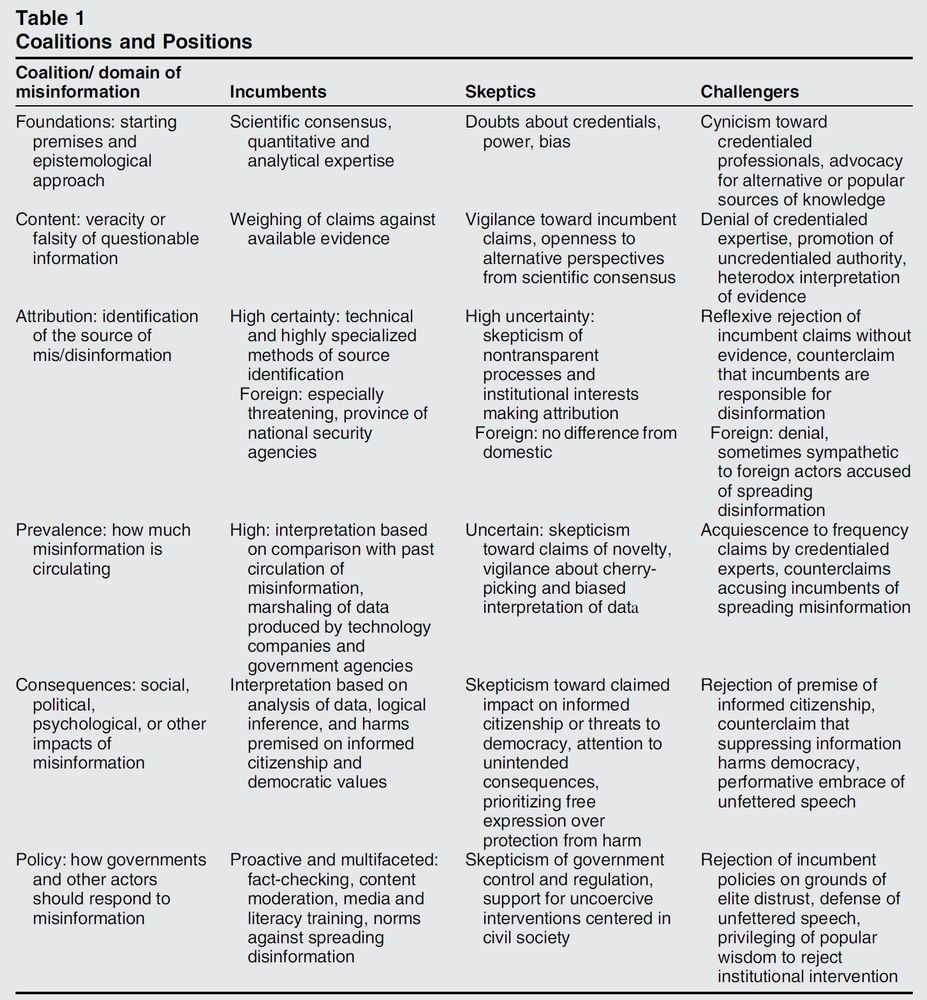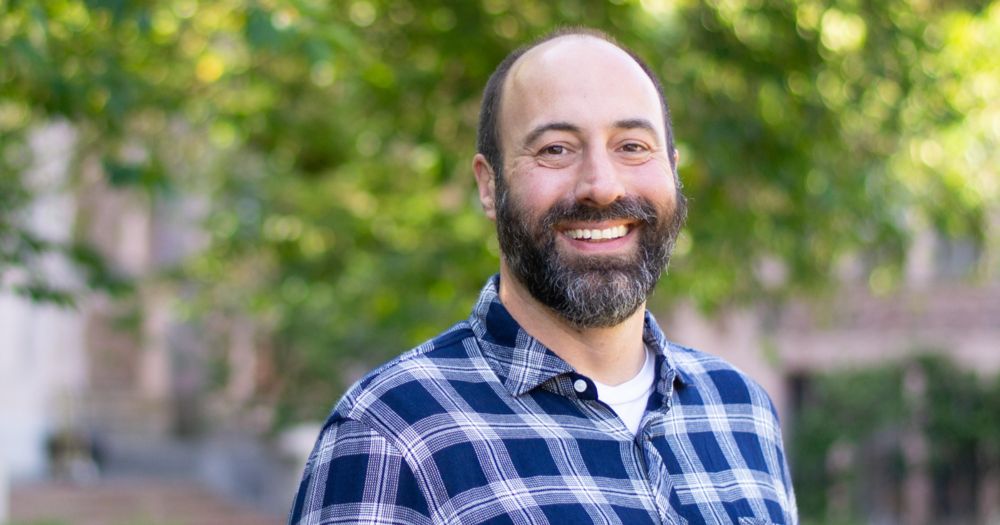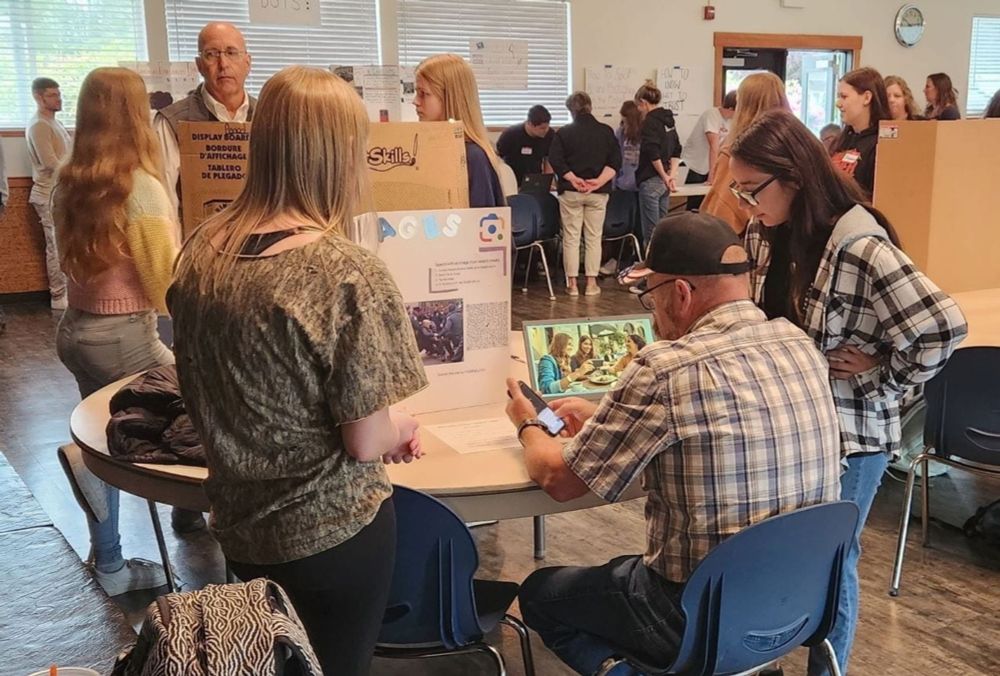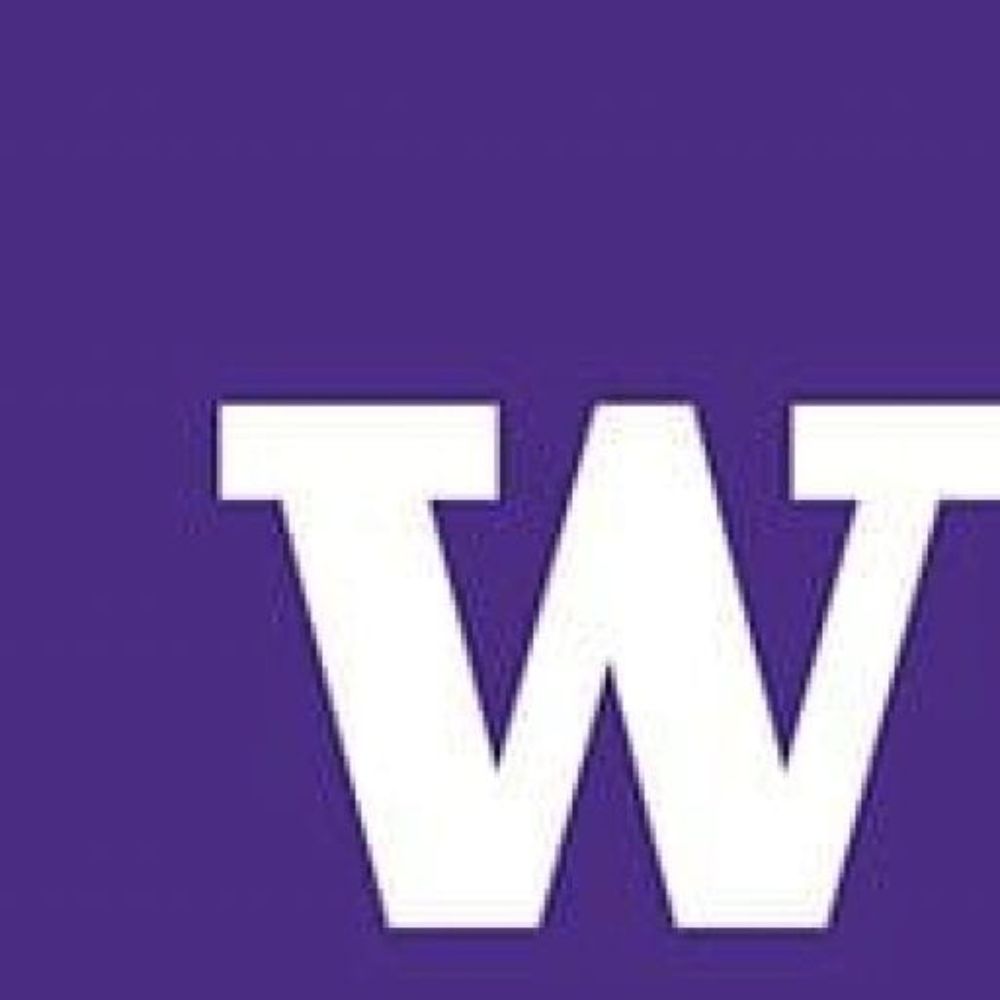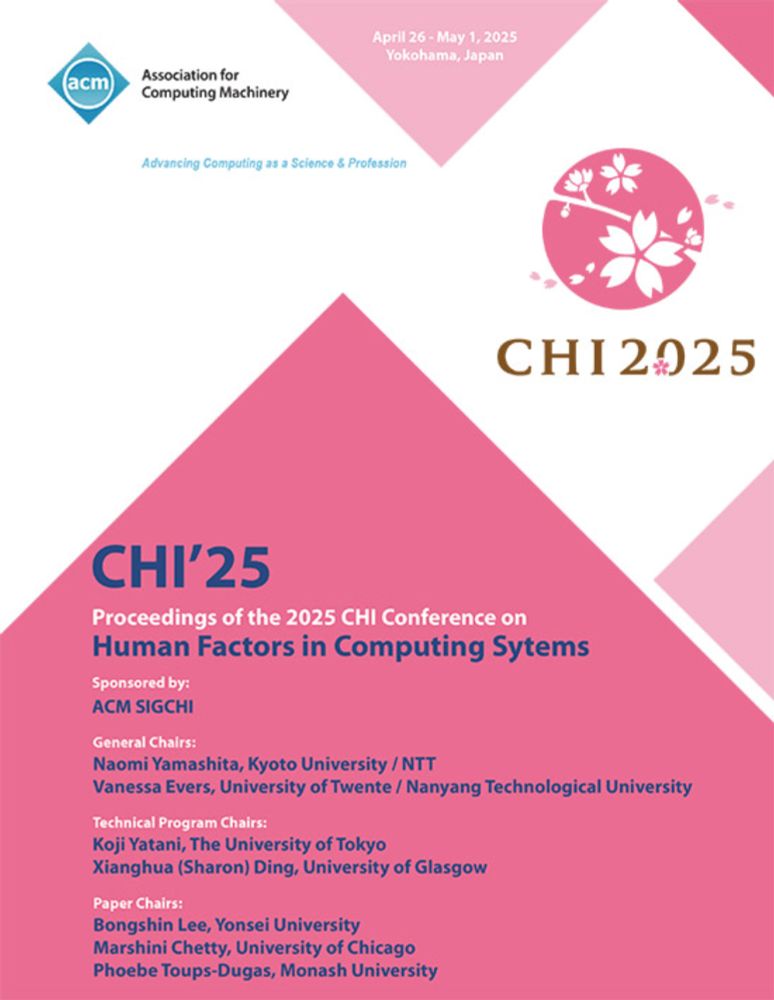Center for an Informed Public
@cip.uw.edu
900 followers
140 following
81 posts
A multidisciplinary research center at the University of Washington in Seattle with a mission to resist strategic misinformation, promote an informed society, and strengthen democratic discourse.
Website: cip.uw.edu
Posts
Media
Videos
Starter Packs
Reposted by Center for an Informed Public
Reposted by Center for an Informed Public
Reposted by Center for an Informed Public
Reposted by Center for an Informed Public
Reposted by Center for an Informed Public
Reposted by Center for an Informed Public
Scott Radnitz
@radnitz.bsky.social
· Jul 26
Reposted by Center for an Informed Public
Joey Schafer
@schafer.bsky.social
· Jul 11
Kate Starbird
@katestarbird.bsky.social
· Jul 11
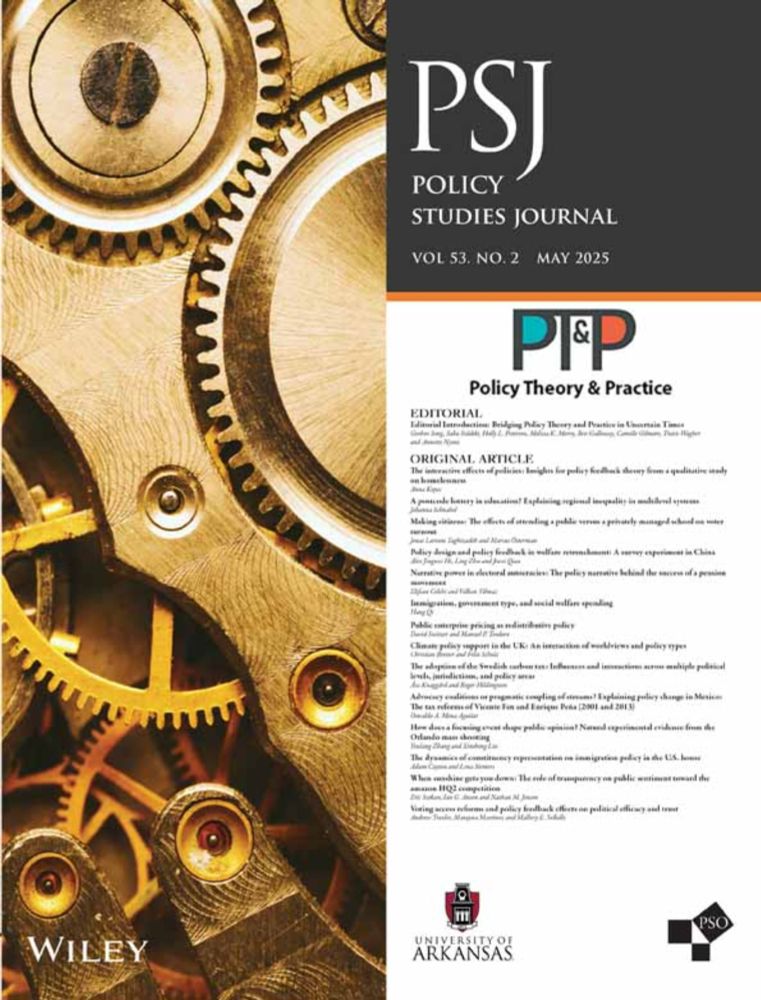
<em>Policy Studies Journal</em> | PSO Public Policy Journal | Wiley Online Library
Can state election policies affect the spread of misinformation? This paper studies the role played by ballot processing policies, which determine when ballots can be examined and organized, in the o...
onlinelibrary.wiley.com
Reposted by Center for an Informed Public
Kate Starbird
@katestarbird.bsky.social
· Jun 30
Melinda's Dissertation: Truth-Seeking as Collaborative Work
In moments of uncertainty, journalists help the public make sense. This research shows how that work depends on expert networks and systems that too often fail when they need to move fast and what it ...
www.melm.cc
Reposted by Center for an Informed Public
Stacey Wedlake
@staceyaw.bsky.social
· May 30
Reposted by Center for an Informed Public
Kate Starbird
@katestarbird.bsky.social
· May 28
Center for an Informed Public
@cip.uw.edu
· May 28
Center for an Informed Public
@cip.uw.edu
· May 28
Reposted by Center for an Informed Public
Center for an Informed Public
@cip.uw.edu
· Apr 28





